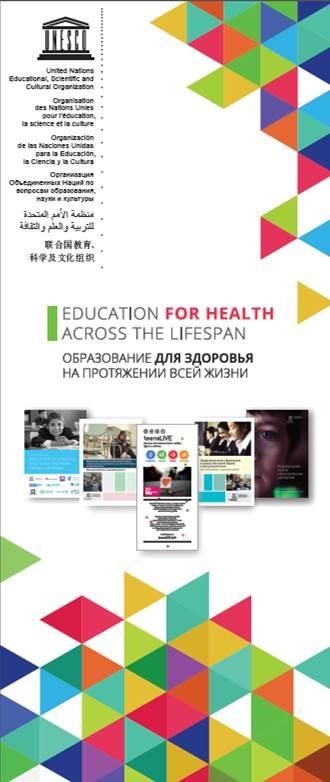
Member States of the European Region recently gathered in Minsk, Belarus, for the WHO European Regional Conference on the Life-course Approach in the Context of Health 2020. The aim of the conference was to bring together new evidence on what governments can do to keep people healthy throughout the life course and equip policy-makers for promoting a healthy start to life and for targeting the needs of people at critical ages.
Dr Zsuzsanna Jakab, WHO Regional Director for Europe, emphasized the importance of school settings in providing a unique opportunity to set children on a trajectory to good health adding that health education, including comprehensive sexuality education, enhances the human development, challenges damaging gender norms and decreases the risks of sexual and reproductive ill-health.
UNESCO’s regional health advisor for Eastern Europe and Central Asia, Tigran Yepoyan, made an intervention from the floor and spoke of the clear evidence that comprehensive sexuality education has a positive impact on sexual and reproductive health, notably in contributing to reducing STIs, HIV and unintended pregnancy. He also stressed that a gap remains in the actual implementation of sexuality education on the ground. Still large numbers of students do not benefit from it. Often, ‘delicate’ topics are not discussed in the classroom and teachers are not adequately prepared.
''UNESCO supports the Minsk Declaration and considers the cooperation of Ministries of Health and Ministries of Education as the key driving force for integration of comprehensive sexuality education into school curriculum and taking it to scale across the region as well as providing young people with non-formal learning opportunities with wide coverage such as through the Internet and social media". Tigran Yepoyan
The Minsk Declaration, adopted on the second day of the conference, commits to early, appropriate, timely and collective action for strengthening the life-course approach to public policy and services.
More information, including the draft of the Minsk Declaration, is available on the conference website
